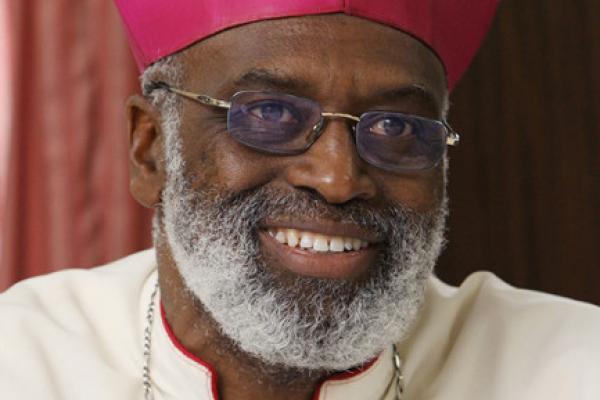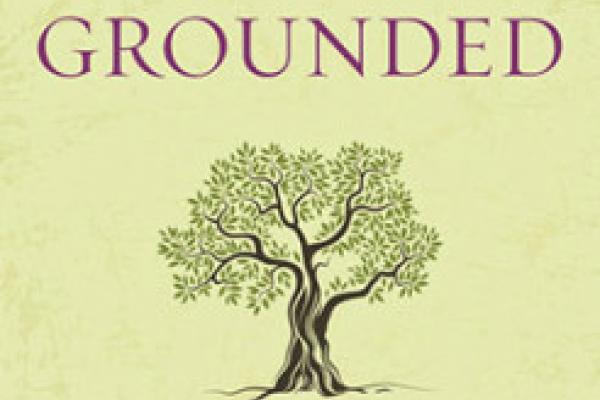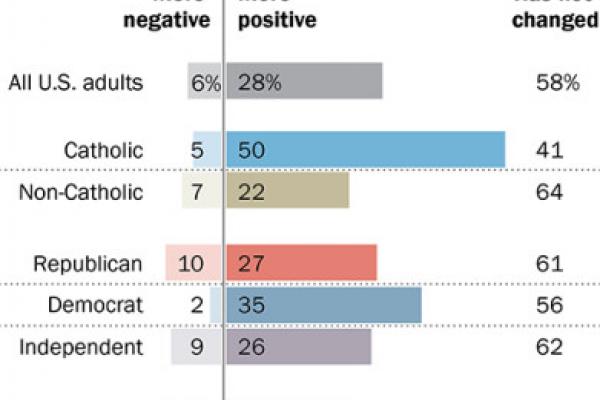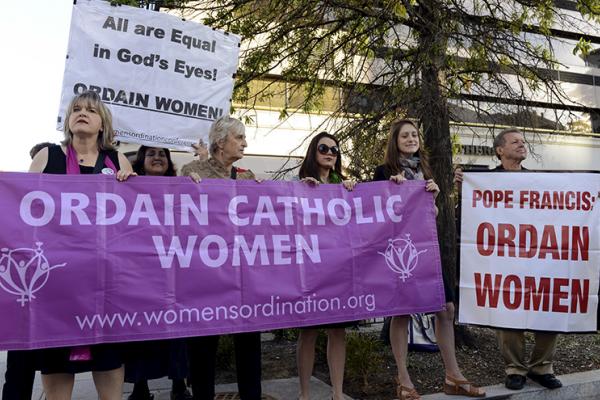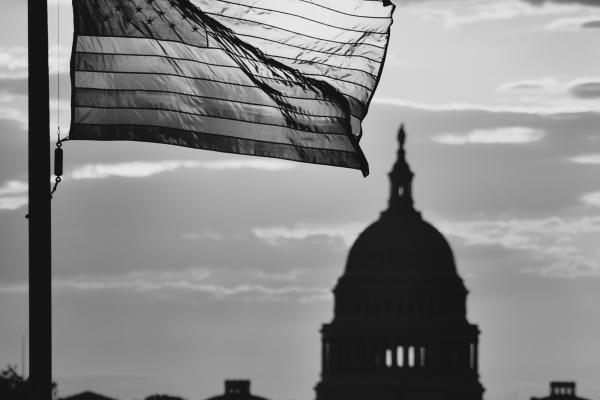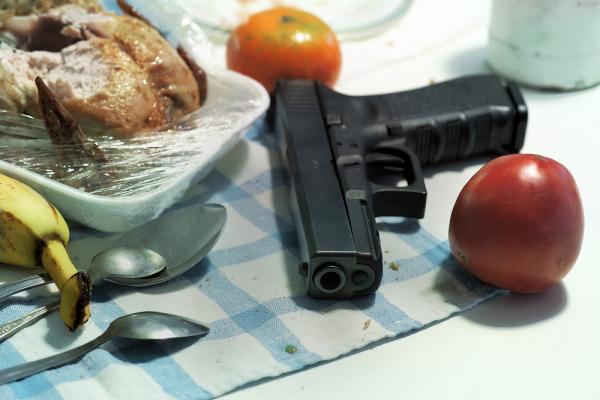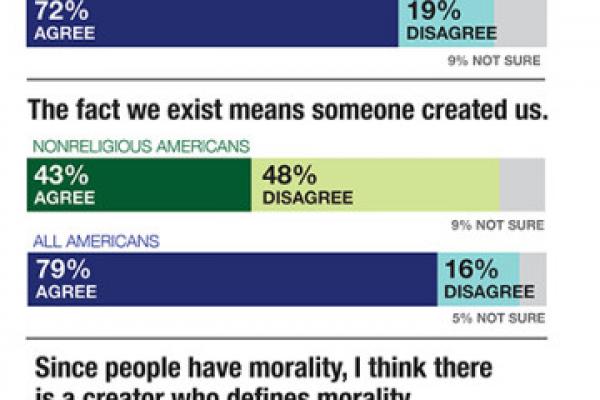There is nothing we can do to reduce the growing number of mass shootings in America, except get more people to have guns.
Unbelievably, that’s what conservative spokespersons and Republican presidential candidates are saying after the latest college massacre in Oregon which killed 10 and wounded 7 others.
Unacceptable.
There have been two very different sets of responses to last week’s mass shooting in Roseburg, Ore. The shooter killed nine people before taking his own life during a shootout with police, in what was the 142nd school shooting since Sandy Hook, in December 2012, when six teachers and 20 children were killed.
Gun rights advocates and gun control supporters alike have used the opportunity to politicize the tragedy. That isn’t, in itself, a bad thing. If politics is the business of governing a diverse body of people, and guns are both used and governed, then our response to repeated mass shootings ought to be, at least in part, a political one.
To “politicize” something that is inherently political isn’t a dirty thing. In fact, to keep ignoring mass shootings, to refuse to change gun control policy because of the power of the National Rifle Association lobby, to let 20 children die and take no national action to restrict gun access in this country — indeed, to vote against an assault-weapons ban — that is the dirty thing.
Ghanaian Archbishop Charles Palmer-Buckle on Oct. 8 defended African bishops’ role in the Vatican’s meeting on family issues, stating they were not in Rome to block progress but to present their own views.
As bishops get to work discussing key issues affecting family life at the meeting, known as a synod, they have broken into small language-based groups. Palmer-Buckle was responding to a question at a press conference suggesting that African bishops were trying to stop “progress.”
“If someone thinks Africa is blocking something, it’s only proposing what we feel,” he told journalists at the Vatican.
“We’re not here to block anybody.”
Four mornings a week, in the tranquil, blushing hours of morning, Diana Butler Bass drives to a familiar walking trail along the Potomac River and embarks on a two-mile stroll.
Creeping sunlight peppers the wooded scene. And the babble of active water silences the jangle of daily life.
Some days she finds a comfortable bench along the river where she can journal. Other days, she observes creation.
For Bass, a learned nature connoisseur, ardent gardener, and noted religion academic, God does not merely exist inside reverent, adorned church spaces.
God also lives in the soil and exists in the elements.
Pope Francis’ first U.S. visit gave his already-high favorability ratings only a modest bounce with most Americans — and no bounce at all among Catholics.
Yet his three-city September tour — from Congress to the United Nations and from cathedrals to a prison — generated significant goodwill toward the Catholic Church, according to a new survey by the Pew Research Center.
Pew’s survey, conducted just days after the pope returned to Rome, was released Oct. 7 and offers a snapshot of his initial impact.
The top finding: “Four times as many U.S. adults say their opinion of the Catholic Church is better now because of Pope Francis as people who say their impression has gotten worse,” said Greg Smith, associate director of research and co-author of the report.
The most controversial proposal floated so far at the high-level, high-stakes Vatican summit on church teachings on the family had nothing to do with gays or divorce, but instead ordaining women — not as priests, but as deacons.
Still, even that suggestion — made by a Canadian archbishop on Oct. 6, near the start of the closely watched, three-week synod called by Pope Francis — was considered eye-popping.
That’s because if the trial balloon floated by Quebec Archbishop Paul-Andre Durocher flies, it would represent a historic breakthrough for the Catholic Church, and Catholic women, by giving them access to the kinds of offices that only priests and bishops can hold.
As an Oregonian who grew up deer hunting in Oregon’s forests and fishing in Oregon’s rivers (including the beautiful Umpqua River), I have a deep respect for traditional hunting culture and responsible gun ownership. Like everyone else, I was overwhelmed with sadness at seeing the news of the recent shooting in the beautiful town of Roseburg, Ore. Like so many others who are praying for these families and for this town, I cannot imagine the sense of loss that the Roseburg families are going through right now. I add my prayers to the chorus of prayers; may God help these families and this community through this unspeakable catastrophe.
The Center for American Progress now claims that in 2015 fatalities caused by guns will surpass those caused by cars. For these reasons – and adding in the massive psychological damage caused by gun violence in families and communities — it is not an exaggeration to claim that gun violence is the single greatest domestic problem in the United States today. Gun violence is also, of course, a huge economic burden. Americans spend around $230 billion a year paying for it.
“We do not remember days,” the Italian poet Cesare Pavese said, “we remember moments.”
Pavese’s words have come to mind often as I’ve thought about Pope Francis’ historic visit to the United States, particularly when people have asked me what the “best part” of covering the papal visit was for me.
My answer is always the same: hands down the best part was watching people see (and sometimes meet) Pope Francis in person for the first time.
When it comes to the facts surrounding domestic violence (or intimate partner violence), the challenge presented in the fourth chapter of 2 Timothy remains as relevant today as it was more than 2000 years ago. In the U.S., “abundant life” competes regularly with the false prophets of violence. The terrifying rate at which women are dying at the hands of their intimate partners intersects with an entrenched American gun culture that has sold believers on the idea that more guns means more safety. In reality, women in the U.S. are 11 times more likely to be murdered with a gun than women in other high-income countries.
Over the course of October, or Domestic Violence Awareness Month, an average of five women per day—155 total—will be killed with guns. Intimate partners will comprise the majority of their killers, and too many who embrace death over life will come from Christian congregations.
The recent shooting in Oregon marks the 294th mass shooting in 2015 alone, a terrifying number in its own right and a reminder of just how far America has enmired itself in the consequences of its gun culture. More than half of all mass shootings also include the death of an intimate partner and family member.
You don’t have to believe in God or identify with any religion to see a creator’s hand in human life and morality, suggests a new survey.
LifeWay Research’s overall finding — that most Americans believe there is a creator who designed the universe and defines human morality — is not surprising. After all, 3 in 4 U.S. adults identify with a religious denomination.
The surprise is that so many people who don’t identify with a religion — so-called nones — agree.


